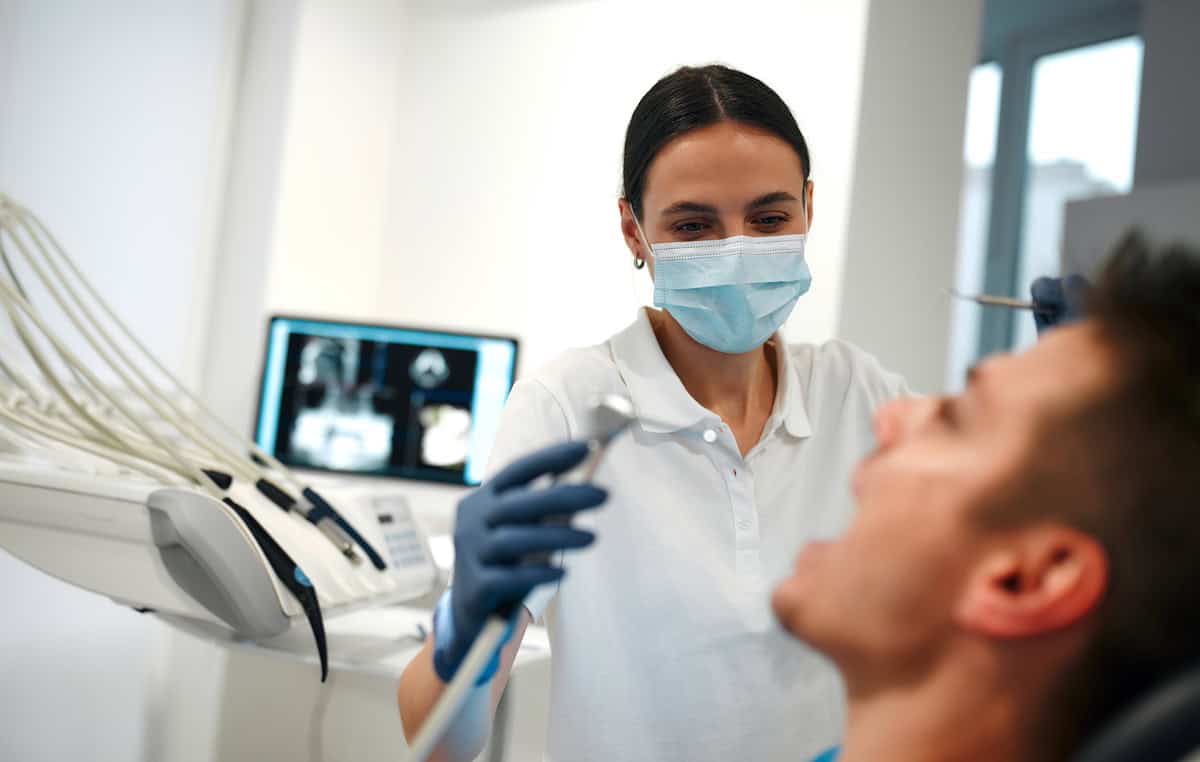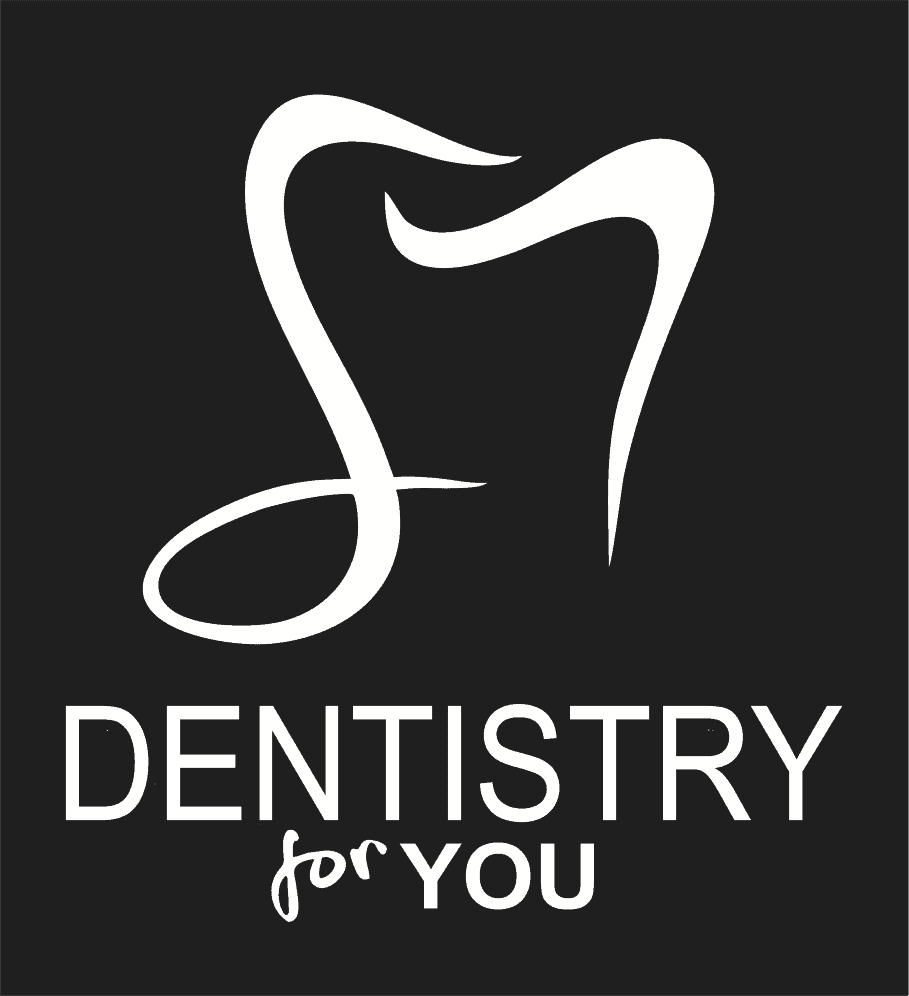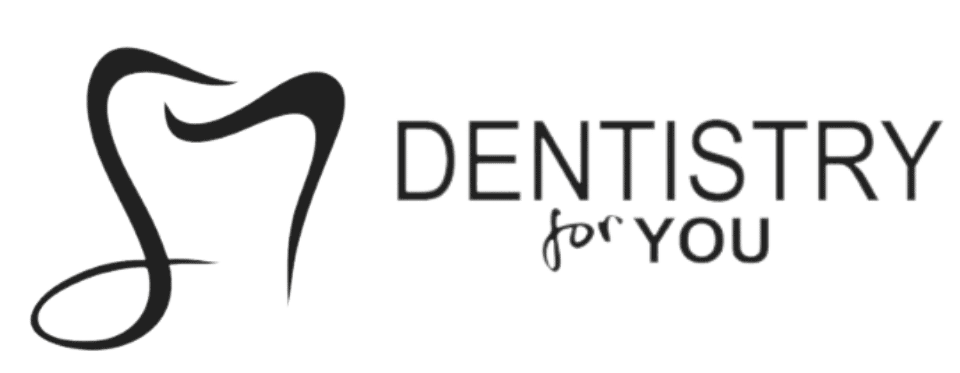
15 Oct Managing Dental Anxiety During Dental Appointments: Tips and Techniques
Tips for Managing Dental Anxiety
Dental anxiety is a common issue that affects many individuals, leading to fear and apprehension about dental visits. For some, the thought of sitting in a dental chair can trigger intense feelings of anxiety, which may cause them to postpone or entirely skip necessary appointments. This behavior can lead to more significant dental issues down the line.
Understanding how to manage this dental anxiety can transform your experience at the dentist, helping you maintain your oral health and overall well-being. In this blog post, we’ll explore effective tips and techniques to help you manage dental anxiety during appointments.
Understanding Dental Anxiety
Before diving into solutions, it’s essential to understand what dental anxiety is. This condition can manifest in various forms, including fear of needles, worry about pain, or apprehension about the dental environment. For some, past traumatic experiences at the dentist may contribute to their anxiety.
Common Symptoms of Dental Anxiety
- Physical Symptoms: Increased heart rate, sweating, nausea, and even trembling can occur when anticipating a dental visit.
- Emotional Symptoms: Feelings of dread, panic, or overwhelming fear may arise, making it difficult to even think about scheduling an appointment.
- Behavioral Symptoms: Procrastination in making appointments or canceling them last minute is common among those with dental anxiety.
The Importance of Addressing Dental Anxiety
Ignoring dental anxiety can lead to a cycle of avoidance, resulting in untreated dental problems that can worsen over time. Maintaining regular dental visits is crucial for preventing cavities, gum disease, and other serious oral health issues. By managing your anxiety, you can ensure your dental health remains a priority.

Tips for Managing Dental Anxiety
1. Communicate with Your Dentist
One of the most effective ways to manage dental anxiety is to communicate openly with your dentist. Let them know about your fears and concerns.
A good dentist will be empathetic and can help tailor the appointment to make you more comfortable. They might explain the procedures in detail, use calming language, or suggest specific techniques to help ease your anxiety.
2. Schedule Wisely
Choose appointment times that work best for you. If you tend to feel more anxious in the morning, consider scheduling your appointment later in the day.
Additionally, try to book your visit during less busy times to minimize stress and wait times. Early morning or mid-afternoon appointments are often quieter and may lead to a more relaxed experience.
3. Bring a Comfort Item
Having a familiar object with you can provide a sense of comfort during your appointment. This might be a small toy, a stress ball, or even a favorite book.
Some people find that listening to music or a podcast with headphones can also help distract them from the dental environment. Discuss with your dentist whether bringing a device for music or audiobooks is acceptable.
4. Practice Relaxation Techniques
Implementing relaxation techniques before and during your appointment can be very beneficial. Consider trying the following methods:
5. Use Distraction Techniques
Distraction can be a powerful tool for managing dental anxiety. Here are a few methods you can try:
- Music or Podcasts: As mentioned earlier, listening to music or a podcast can help take your mind off the procedure. Create a calming playlist before your appointment to have something enjoyable to listen to.
- Audiobooks: If you enjoy stories, consider bringing an audiobook to listen to during your appointment. Engaging with a narrative can transport your mind away from the dental experience.
- Mindfulness Apps: Some apps offer guided meditations or mindfulness exercises that you can use during your visit. They can help you stay focused and relaxed throughout the appointment.
6. Consider Sedation Options
For those with severe dental anxiety, sedation dentistry might be an option to consider. Talk to your dentist about the available sedation methods, which may include:
- Nitrous Oxide (Laughing Gas): This method helps you feel more relaxed while still being conscious. It’s administered through a mask and wears off quickly after the procedure. Many patients find that laughing gas alleviates their anxiety and allows them to feel more at ease during dental work.
- Oral Sedatives: Your dentist may prescribe an oral sedative that you take before your appointment. This can help you feel more relaxed during your visit. These sedatives typically take effect about an hour before your appointment, giving you ample time to settle your nerves.
- IV Sedation: For more extensive procedures or higher anxiety levels, IV sedation may be appropriate. This method provides deeper sedation, allowing you to feel more comfortable. IV sedation can also be adjusted during the procedure to ensure that you remain in a state of relaxation throughout the appointment.
7. Bring a Friend or Family Member
Having a trusted friend or family member accompany you to your appointment can provide emotional support and help alleviate anxiety. Their presence can be comforting, and they can engage you in conversation or hold your hand during the procedure if needed. Discuss this option with your dentist beforehand to ensure that it’s permitted.
8. Educate Yourself
Sometimes, fear comes from the unknown. Educating yourself about dental procedures can help demystify the experience. Discuss with your dentist the steps involved in your treatment. Understanding what to expect can reduce anxiety and empower you to take control of your oral health.
9. Establish a Positive Routine
Creating a positive dental routine can help build familiarity and reduce anxiety over time. Schedule regular dental appointments and keep up with good oral hygiene at home. By normalizing dental visits, you can reduce fear and anxiety associated with them.
10. Reward Yourself
After each dental appointment, consider rewarding yourself for facing your fears. Whether it’s treating yourself to your favorite snack or engaging in a fun activity, having a reward can motivate you to keep up with your dental visits and build a more positive association with them.

Conclusion
Managing dental anxiety is crucial for maintaining oral health and ensuring that necessary treatments are not neglected. By implementing these tips and techniques, you can transform your experience at the dentist from one of fear and dread to one of comfort and confidence.
Remember to communicate openly with your dentist, practice relaxation techniques, and consider bringing a support person along. With a proactive approach, you can take control of your dental health and achieve the smile you deserve.





Sorry, the comment form is closed at this time.